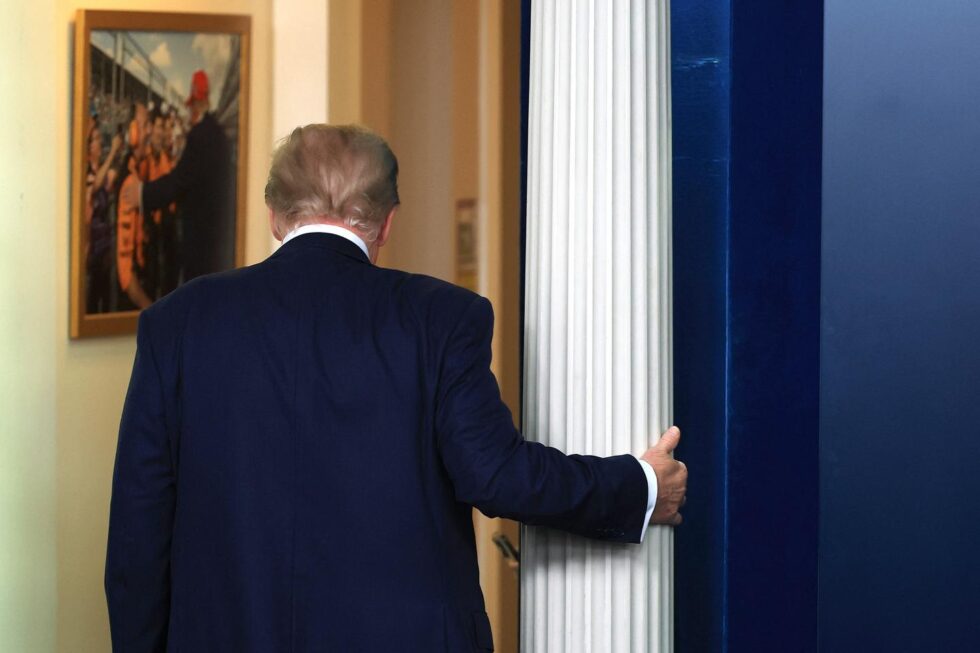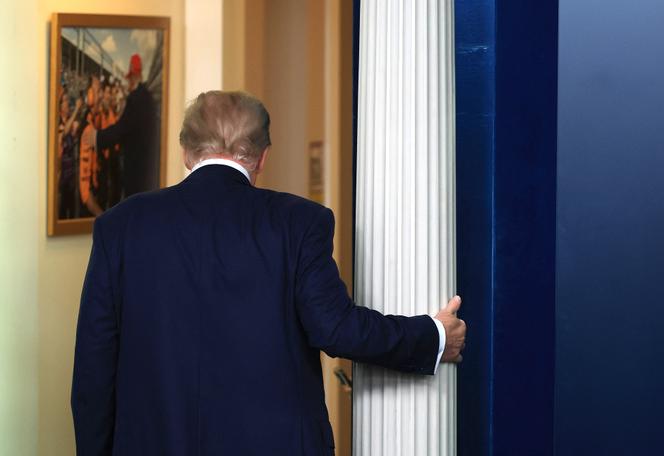
Who within the federal government can still stand up to Donald Trump? A decision handed down on Friday, June 27, by the United States Supreme Court calls for a reconsideration of this question.
For nearly six months, this question has troubled American citizens committed to liberal democracy, as they face a stream of presidential decisions whose constitutionality is frequently questionable. The Republican-controlled Congress has preferred to remain cautiously silent. The administration, for its part, has naturally complied with its leader’s orders.
At the start of this second term, many are looking to the federal judiciary as a much-needed counterweight. Appointed for life by presidents of different political persuasions, with the approval of the Senate, federal judges located in different parts of the country can, in principle, block presidential decisions deemed illegal.
Since at least the early 20th century, federal judges of first instance, ruling alone, have suspended executive decisions for the entire country pending their review on the merits by the Supreme Court as the court of last resort. These are known as universal injunctions, with nationwide scope. Although issued in the context of a specific case, they require all government officials to refrain from enforcing the challenged measures.
Avoiding irreversible harm
Such injunctions have traditionally been rare. To justify them, the contested measure must be clearly illegal, risk causing irreparable harm and require a national injunction, the consequences of which must serve the public interest.

You have 74.13% of this article left to read. The rest is for subscribers only.








